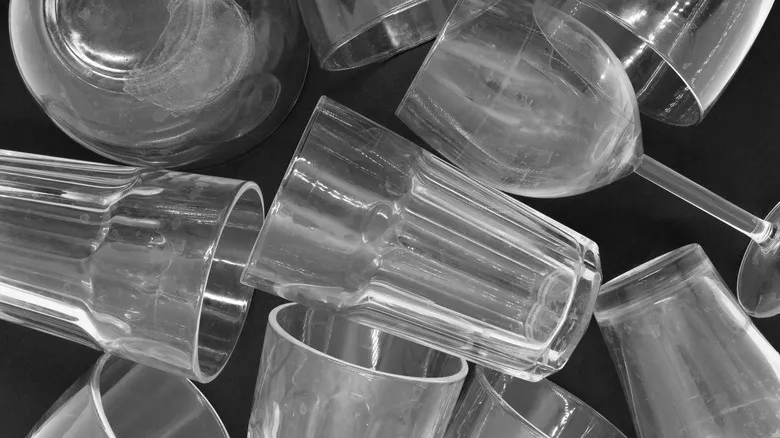Fixing cloudy glassware
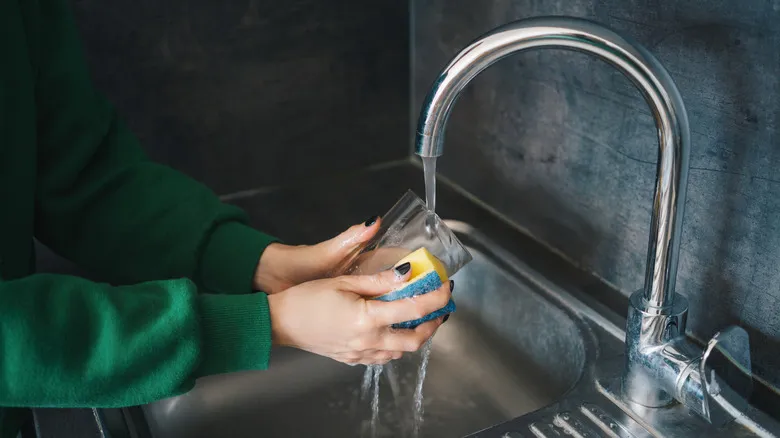
The most effective method for keeping your glassware free of stains is to wash and dry them by hand. The minerals found in hard water, such as calcium and magnesium carbonate, can be dissolved with an acidic solution. You don’t need any special cleaning products—simple white vinegar will suffice. Combine equal parts of warm water and white vinegar in your sink. Submerge your glassware in the mixture and allow it to soak for at least 15 minutes. Afterward, remove the glasses and scrub them with a sponge. The cloudy mineral residue, now neutralized by the vinegar, will come off easily. Rinse each glass with hot water and dry them carefully with a clean towel.
Hard water stains occur when mineral-laden water droplets dry on your glass. Therefore, if you wash and dry your glassware promptly and thoroughly, even with hard water, you should be able to prevent stains.
If you notice that your glasses still appear somewhat cloudy after cleaning, it’s likely that they have been etched. The minerals can wear down the glass surface, causing permanent damage to its texture. Unfortunately, there isn’t much you can do to restore etched glass. If you want your glassware collection to remain in pristine condition, you will need to replace the damaged pieces.
Permanently fixing hard water
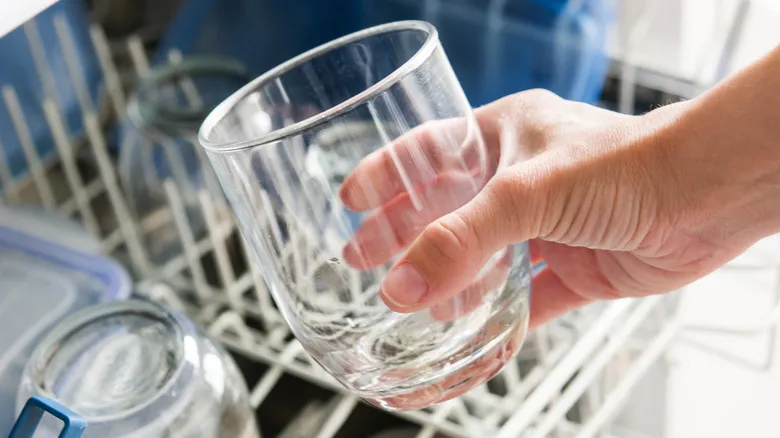
If you want to avoid the hassle of dealing with hard water stains indefinitely, there are a few options available. The first is to use specially designed detergent tablets in your dishwasher. These tablets are formulated to combat hard water, effectively neutralizing the minerals in the incoming water and ensuring your glassware remains spotless. Even if you don’t own a dishwasher, there are detergents available that can help manage mineral buildup.
A more comprehensive solution is to install a water softening system. While it may come with a higher price tag, it can be a worthwhile investment for your home if hard water is causing you significant issues. Hard water can lead to more than just stains on glassware; it can also result in clogged pipes, itchy skin from soap residue, and even spoil your home-brewed coffee. This system works as intended: it includes filters that eliminate minerals before they reach your faucets, showerheads, and dishwasher. With a water softening system in place, your home’s plumbing will be free from hard water permanently.
Recommended
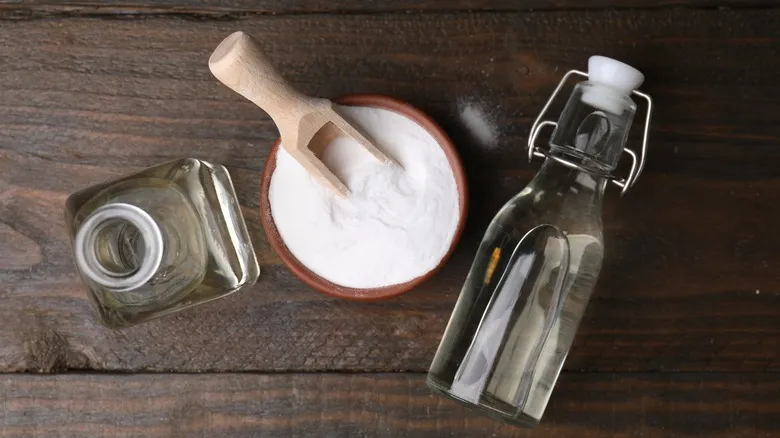
Why You Should Avoid Mixing Baking Soda And Vinegar When Cleaning
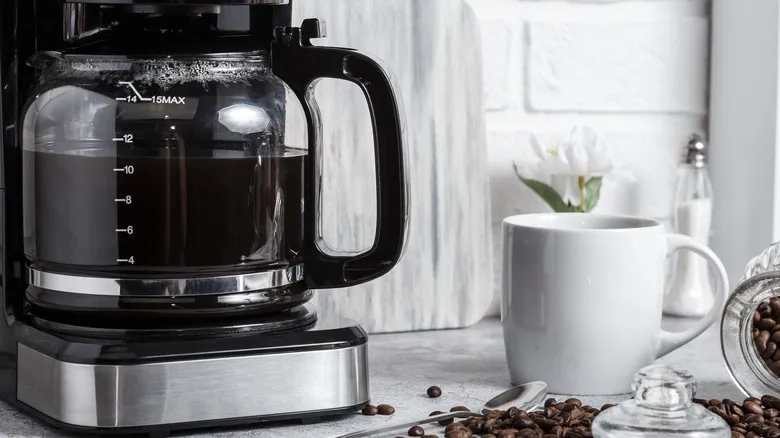
Baking Soda Is The Key To Cleaning Your Coffee Maker
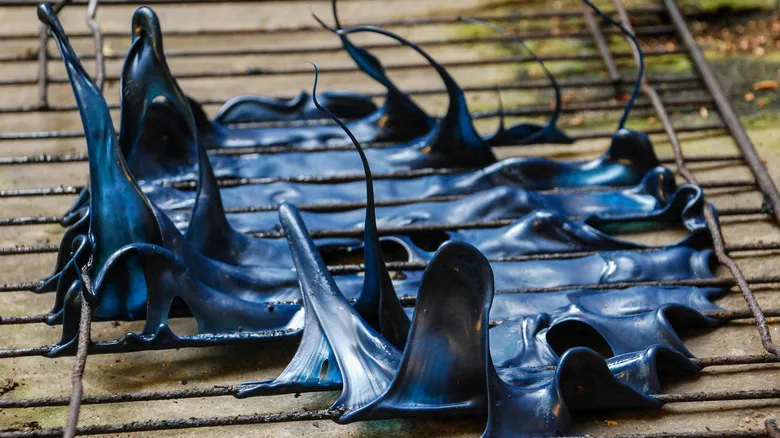
Baking Soda Is Key To Cleaning Melted Plastic Off Your Oven
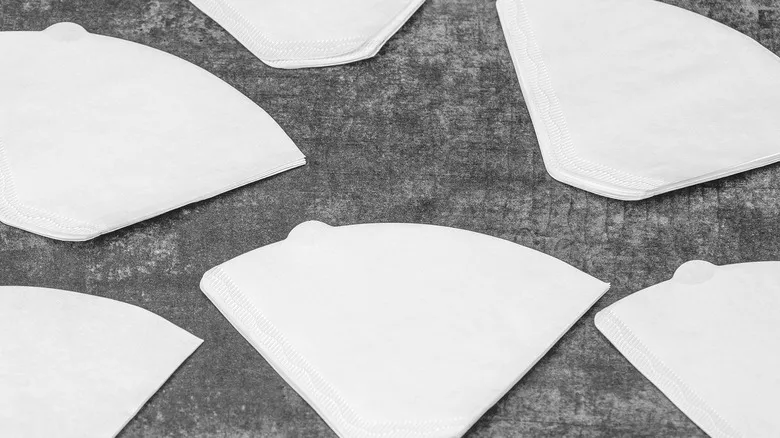
This Coffee Filter Hack Is The Solution When You're Low On Paper Towels
Next up

